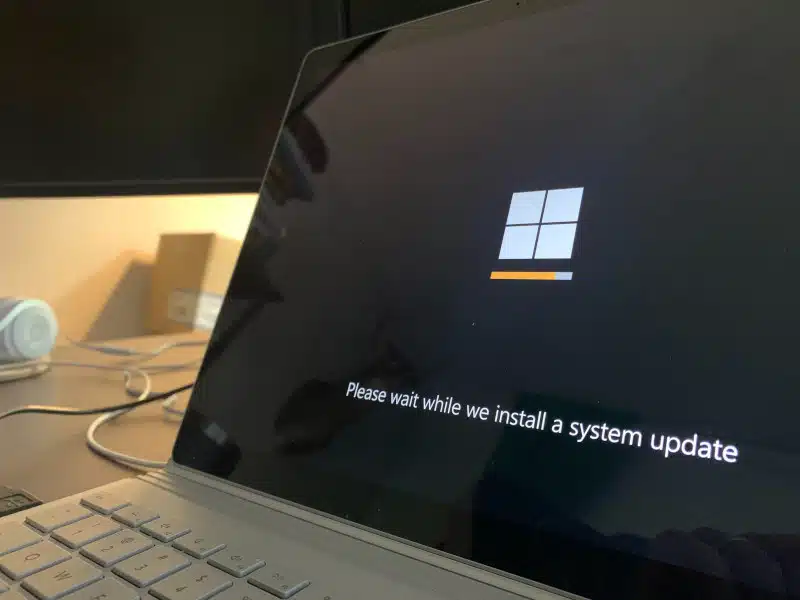
Using an unsupported version of Windows can harm your computer and your personal information.
Windows 7 and 8/8.1 have been around for quite some time, and while they were once popular, their time has come and gone. Despite this, many individuals and organizations continue to use these outdated systems, often because they are reluctant to change or lack an understanding of the risks.
This blog post will explore the dangers of using unsupported Windows operating systems and why upgrading to a supported version is essential.
The Risks of Using an Unsupported Windows Operating System: Why It’s Time to Upgrade
Firstly, let’s define what we mean by an unsupported operating system. An unsupported operating system no longer receives the manufacturer’s security updates or technical support. For Windows 7 and Windows 8.1, Microsoft ended support for these systems in January 2020 and January 2023, respectively. Microsoft will not fix any security vulnerabilities or technical issues that arise in these systems, leaving users at risk.
One of the biggest dangers of using an unsupported operating system is the increased risk of cyber attacks. Cybercriminals actively look for vulnerabilities in systems to exploit, and without regular security updates, unsupported operating systems become easy targets. These vulnerabilities can be exploited in various ways, including by malware, phishing, and ransomware. Once a cybercriminal gains access to a system, they can steal sensitive information, damage or destroy files, or even take control of the entire system.
Another danger of using an unsupported operating system is the potential for compatibility issues with new software and hardware. As technology evolves, software and hardware manufacturers often stop supporting older systems. This means that users of unsupported operating systems may find new software and hardware incompatible with their system, limiting their ability to use the latest technology. This can be especially problematic for businesses that rely on specific software or hardware to perform their day-to-day operations.
Using unsupported operating systems is associated with legal and regulatory concerns and the abovementioned risks. In many cases, organizations have a legal obligation to maintain the security and privacy of their data. This can be difficult or impossible to achieve with an unsupported operating system that no longer receives security updates. Furthermore, unsupported operating systems may violate industry regulations in some industries, such as healthcare and finance.
The Benefits of Upgrading to a Supported Operating System
While the risks of using unsupported operating systems are significant, the benefits of upgrading to a supported operating system are substantial. Firstly, a supported operating system receives regular security updates and technical support from the manufacturer, ensuring that any security vulnerabilities or technical issues are promptly addressed. This dramatically reduces the risk of cyber-attacks and other security incidents.
Upgrading to a supported operating system ensures compatibility with new software and hardware. This allows users to use the latest technology and remain competitive. Additionally, supported operating systems often have improved performance and functionality compared to older systems, leading to increased productivity and efficiency.
Conclusion
In conclusion, the dangers of using an unsupported operating system like Windows 7 and 8/8.1 are clear. From the increased risk of cyber attacks to potential compatibility issues and legal and regulatory concerns, using an unsupported system is not worth the risk. Individuals and organizations must upgrade to a supported operating system to protect their data and take advantage of the latest technology. The benefits of upgrading are significant, and the potential consequences of not upgrading are too substantial to ignore.
If you are currently using an unsupported operating system and are concerned about the risks, it is crucial to take action. The first step is to contact a reputable computer repair company, like PCMechanic Computer Repair, to discuss your options. A professional technician can help you determine the best course of action, whether upgrading to a supported operating system, replacing outdated hardware, or implementing additional security measures.
Don’t wait until it’s too late – call or contact PCMechanic today to ensure your computer system’s security and functionality.

